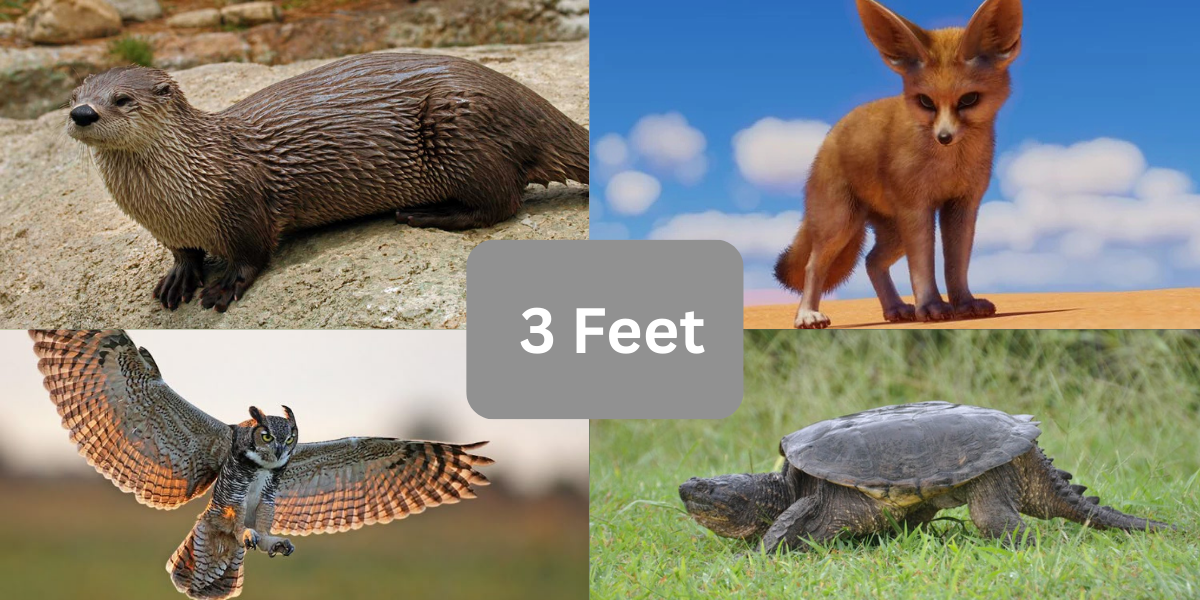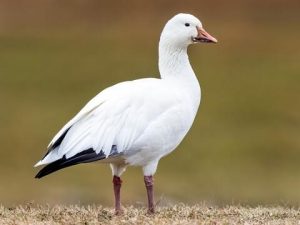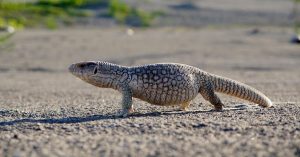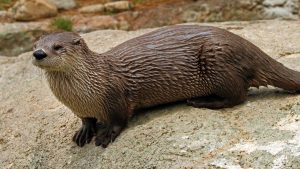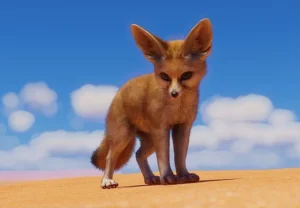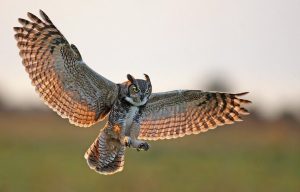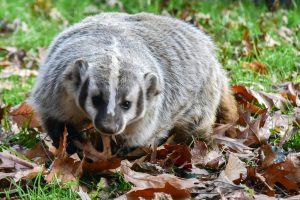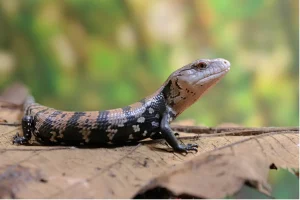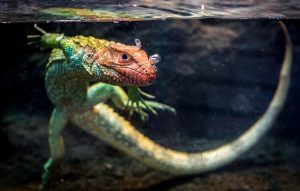What does 3 feet really look like in the animal kingdom? Surprisingly, quite a lot! At approximately 36 inches or just under 1 meter, many animals around the globe fall into this size category some long, some tall, and all unique in their own way.
Whether you’re a curious learner, an educator, or simply looking for a size reference, this article explores 13 animals that are about 3 feet long or tall, offering fascinating facts about their lives, habitats, and adaptations.
This size is particularly interesting because it straddles the boundary between small and medium animals. Some of these creatures may seem harmless, while others pack serious power or agility in a compact frame. From aquatic life to land dwellers, prepare to be amazed by what a 3-foot animal can do!
Why Focus on Animals That Are 3 Feet Long or Tall?
Here’s why this specific measurement matters:
- Visual Learning: 3 feet is about the size of a yardstick or a toddler, making it a familiar size reference.
- Wildlife Education: This size group includes both predators and prey, offering insights into ecosystems and survival strategies.
- Pet Ownership & Zoonotic Studies: Understanding animal size helps determine suitability as pets or assess potential risks in domestic settings.
13 Animals That Are About 3 Feet (ft.) Long or Tall
1. Snow Goose
- Height: Around 3 feet tall when standing upright
- Habitat: North America, especially Arctic tundras
Fun Fact: Despite their size, these migratory birds can travel up to 5,000 miles in a single journey.
2. Savannah Monitor Lizard
- Length: 2.5 to 3.5 feet
- Habitat: Sub-Saharan Africa
Why It’s Interesting: Known for their intelligence and robust build, these reptiles make their presence known despite their modest size.
3. Red Fox
- Length (including tail): About 3 feet
- Habitat: Widespread across North America, Europe, Asia
Adaptations: Red foxes use their long, bushy tails for balance, warmth, and communication.
4. Bearded Seal Pup
- Length at Birth: Around 3 feet
- Habitat: Arctic Ocean and surrounding ice floes
Key Detail: These rotund pups grow quickly, but at birth, they’re already a compact yet chubby bundle of survival instinct.
5. Indian Peafowl (Peacock)
- Body Length (excluding tail feathers): Around 3 feet
- Habitat: Indian subcontinent
Highlight: Their impressive tail can add another 5 feet, but the core body remains around the 3-foot mark.
6. American River Otter
- Length: 2.5 to 3 feet
- Habitat: Rivers, lakes, and marshes across North America
Why It’s Fun: These playful swimmers are expert hunters and extremely agile, often seen sliding on mud or snow for fun.
7. Fennec Fox (With Tail)
- Total Length: Close to 3 feet including tail
- Habitat: North African deserts
Special Feature: Despite its small stature, this fox thrives in extreme heat thanks to oversized ears that help regulate body temperature.
8. Great Horned Owl (Wingspan)
- Wingspan: Roughly 3 to 5 feet
- Height: Around 2 feet tall
- Habitat: North and South America
Unique Point: While not 3 feet tall, its wingspan makes it an aerial predator that commands the skies.
9. Common Snapping Turtle
- Shell Length: Up to 20 inches; total length with head and tail close to 3 feet
- Habitat: Freshwater bodies in North America
Surprising Fact: Their powerful jaws and prehistoric appearance make them both fascinating and intimidating.
10. African Crested Porcupine
- Length: Around 3 feet
- Habitat: Africa
Defensive Tactic: This large rodent uses sharp quills to ward off predators and can charge backward with considerable force.
11. American Badger
- Length: About 3 feet from head to tail
- Habitat: Central and western North America
Notable Behavior: Fiercely territorial and armed with powerful digging claws, these animals are built for speed and aggression.
12. Blue-Tongue Skink
- Length: 18 to 24 inches (some species close to 3 feet)
- Habitat: Australia, New Guinea, Indonesia
Unique Trait: Named for their bright blue tongues used to deter predators with sudden flashes of color.
13. Caiman Lizard
- Length: Up to 3 feet
- Habitat: South American wetlands
Special Adaptation: These semi-aquatic reptiles have strong jaws for crushing snail shells and thick, scaled tails for swimming.
Common Questions About Animal Size and Measurement
How is animal length or height measured?
- Length: Usually from the tip of the nose (or snout) to the end of the tail.
- Height: Typically from the ground to the shoulders or top of the head (depending on species).
Are 3-foot animals considered large or small?
It depends on the context:
- Insects or rodents: 3 feet is massive.
- Large mammals: It’s relatively small.
- Birds or reptiles: It often indicates mid-size to large.
Real-World Comparisons: What Else Is 3 Feet?
To help visualize 3 feet:
- A standard yardstick
- A typical toddler (age 3–4)
- Three foot-long sandwiches placed end to end
Conclusion
Animals that are about 3 feet long or tall may not be the largest in the animal kingdom, but they’re among the most adaptable, intriguing, and ecologically important. Whether you’re watching a red fox trot through the forest or observing a monitor lizard sunning itself in the wild, these mid-sized animals offer a perfect blend of strength, agility, and charm.
We hope this guide has expanded your understanding and helped you visualize just how big (or small) 3 feet can really be in nature. Continue exploring the incredible world of wildlife—you never know what fascinating creature you’ll meet next.

